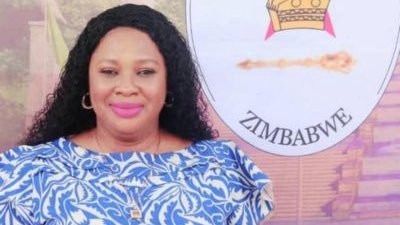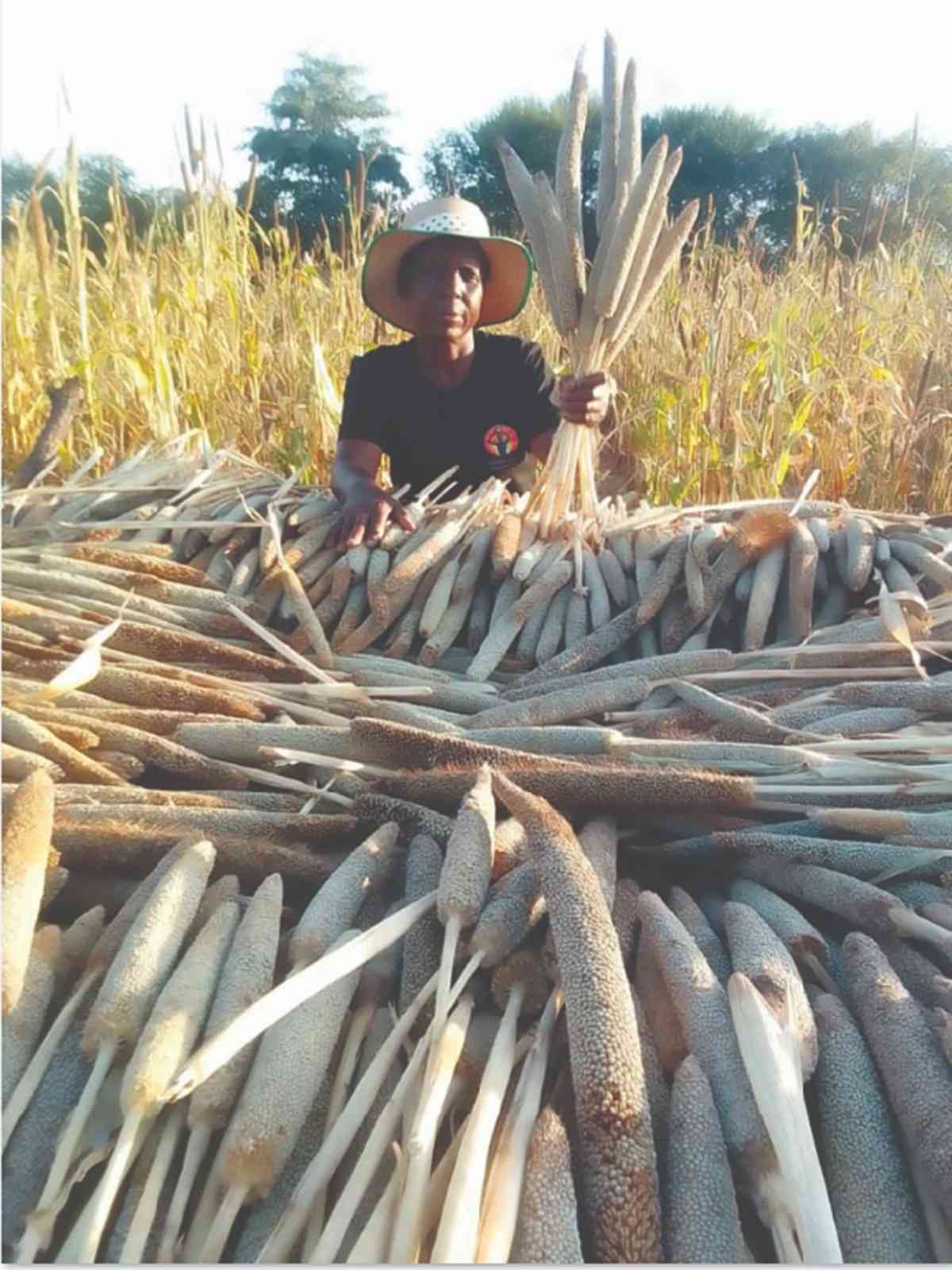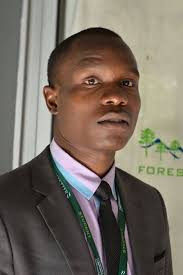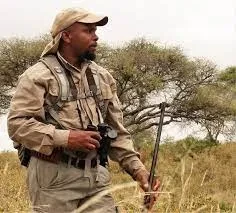
Senators have raised concern over government’s failure to address Bulawayo’s deepening water crisis, warning that the city’s prolonged shortages have become a matter of social justice, public health, and human dignity.
A joint parliamentary portfolio committee on local government, public works and national housing and the thematic committee on sustainable development goals (SDGs), presented a report onBulawayo’s water crisis last week.
The report shed some light on the challenges that residents were facing such as going for weeks with dry taps.
Matabeleland South senator, Tambudzani Mohadi, described the situation as a “ticking public time bomb,” adding that women, children, the elderly, persons with disabilities and the urban poor were paying the highest price.
“This is not merely a technical or infrastructural problem, but rather a social justice crisis,” Mohadi said.
“Women and girls are waking up at 3am to queue at boreholes, risking exhaustion, gender-based violence and loss of productive hours.
“Children, especially girls, are missing school to help their mothers fetch water.”
The report said Bulawayo’s sanitation infrastructure is crumbling under the strain of water shedding, with frequent pipe bursts, sewer surges and backflows posing a heightened risk of cholera, typhoid and dysentery.
- Revisiting Majaivana’s last show… ‘We made huge losses’
- Edutainment mix: The nexus of music and cultural identity
- ChiTown acting mayor blocks election
- Promoter Mdu 3D defends foreigners 30 minute set
Keep Reading
Elderly residents and those with compromised immune systems are particularly vulnerable, while people with disabilities often find it impossible to access water due to mobility challenges.
“The poor have no alternative but to queue, ration and pray for water,” Mohadi added, contrasting the plight of high-density residents with those in affluent suburbs who can afford private storage tanks or bottled water.
The committees recommended a raft of short-term interventions to ease the crisis.
These include expanding Bulawayo City Council’s fleet of water bowsers.
They also urged the city to prioritise vulnerable groups through dedicated water kiosks or mobile deliveries to old-age homes, schools and rehabilitation centres.
In addition, senators called for devolution funds to be channelled towards maintaining and rehabilitating ageing infrastructure to reduce leakages and pipe bursts, which worsen the shortages.
While acknowledging ongoing Government efforts such as the Gwayi-Shangani Dam, the National Matabeleland Zambezi Water Project and the proposed Glassblock Dam, senators stressed that Bulawayo residents cannot wait another three years for relief.
Winding up the motion on behalf of Chief Siansali, senator Nonhlanhla Mlotshwa said the debate had laid bare the urgency of the situation.
“Water is life. Without water, there can be no health, no dignity, no development and no industry,” Mlotshwa said.
“Bulawayo cannot wait another decade for promises. Our people deserve solutions now.”
The Matabeleland Zambezi Water Project, first mooted in 1912, is seen as a lasting solution to Bulawayo’s water challenges.









